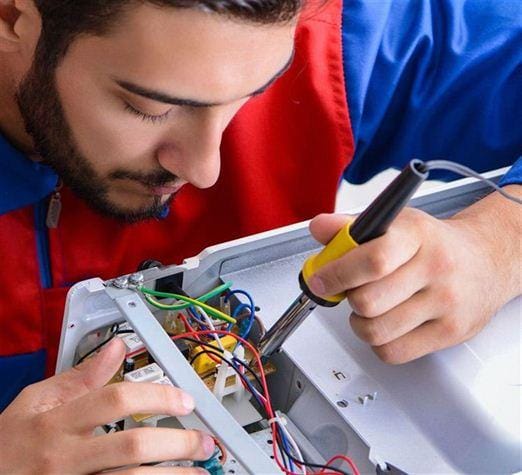Do I Need An Electrician To Change A Light Fixture?
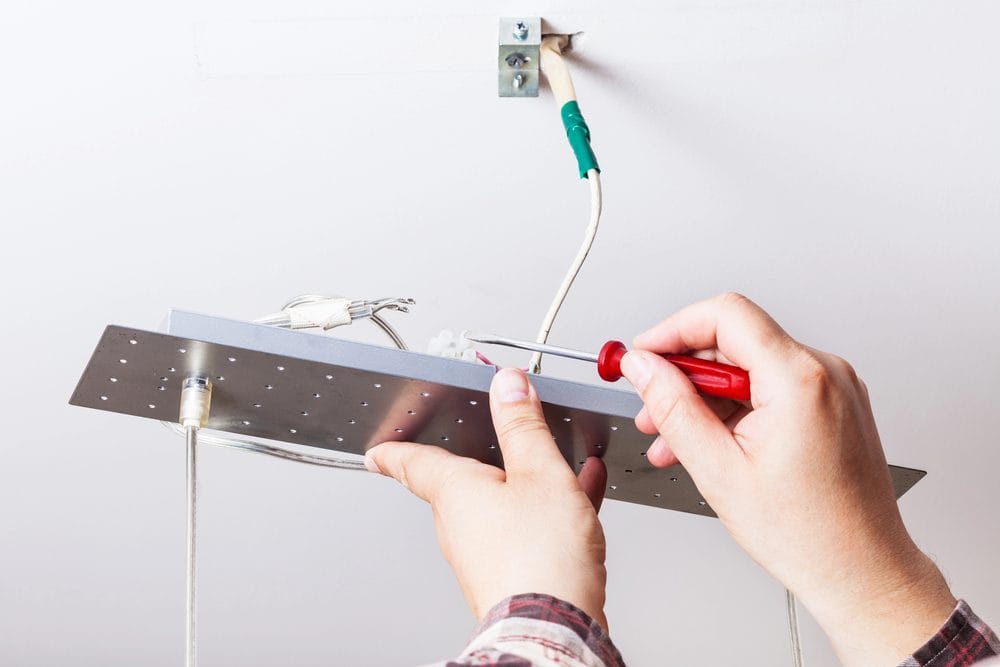
DIY projects are incredibly satisfying; as electricians, we fully appreciate the desire and willingness to tackle projects of all kinds around the house. All of us here at Powertec Electric have done DIY projects at one point or another, and most of us have DIY projects we plan on doing in the future.
Here’s the thing: We’re electricians, so DIY electrical projects are in our wheelhouse. You’re probably not an electrician, or you wouldn’t be reading an article about whether or not you need one to change a light fixture.
With that in mind, the answer is yes: You need an electrician to change a light fixture. Changing one without an electrician can be incredibly dangerous, time-consuming, and expensive. Here’s why:
Potential DIY Obstacles
Improperly Fitting Mounting Brackets
The new light fixture you’ve purchased will come with mounting brackets. The problem here is that the mounting brackets that come with your new fixture might not be properly sized for your current configuration.
The size and location of junction boxes, joists, walls, and more can all impact how your mounting brackets should be sized. Don’t risk using an improperly sized bracket, or your light fixture could become unstable—that’s a real safety hazard!
Screws That Are Too Long
Hardware continues to be a potential problem regarding the screws that come with your fixture—or any screws that you might have lying around. Screws that are too short are an obvious problem; they simply won’t allow you to secure your fixture.
Long screws are a bigger problem since you’ll be more tempted to use them. When your screws are too long, it might be impossible for you to mount the fixture flush against the wall or ceiling, leading to instability.
The screws may also end up protruding into the junction box—which can lead to damaged wires and short circuits. It’s a Goldilocks scenario; your screws need to be just right.
Wires That Are Too Short
The wires in your junction box may be too short. These wires are difficult to work with, which can lead to loose connections. In many cases, they’re impossible to work with, and you’ll need to lengthen the wire.
To do this, you’ll need a wire stripper, spare wires, and a whole lot of electrical knowledge; extending wires is not a job we recommend doing yourself, even if you feel you’re ready to install your own light fixture.
Live Wires Can Shock You
Turn off the breaker and start installing your new light fixture; simple enough, right? Not so—your junction box might contain wires and connections that aren’t actually on the circuit you turned off. That can lead to serious shocks; a non-contact voltage detector is the second best way to prevent injury or even death. The best way? Don’t try doing it yourself—call your electrician instead!
Feeling Unsure? Contact Powertec Electric Today
“Do I need an electrician to change a light fixture?” is a good question—and the answer is yes. Spare yourself the effort of going to the hardware store, messing with all the wires, and literally risking life and limb to change your fixture.
Call the pros at Powertec Electric instead. We’re electricians in Winnipeg working hard every day to ensure that our customers have high-quality electrical services at their fingertips. Contact us today; we’ll change your light fixture in no time flat!

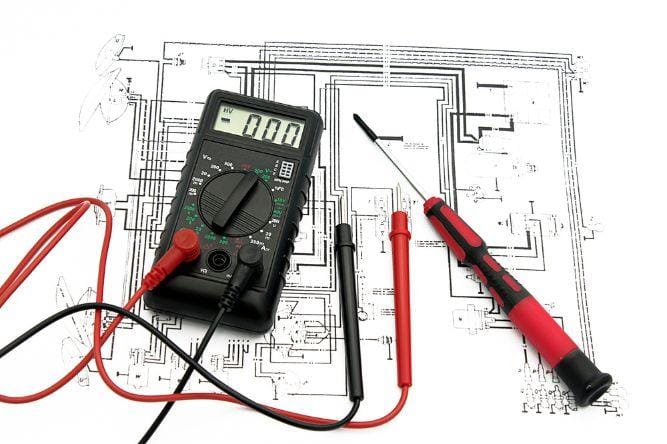
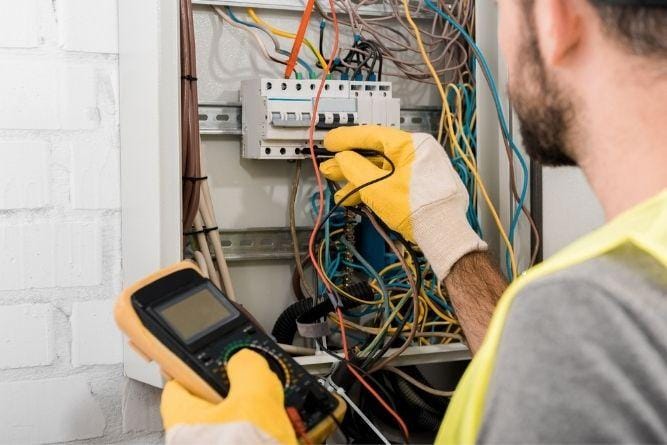
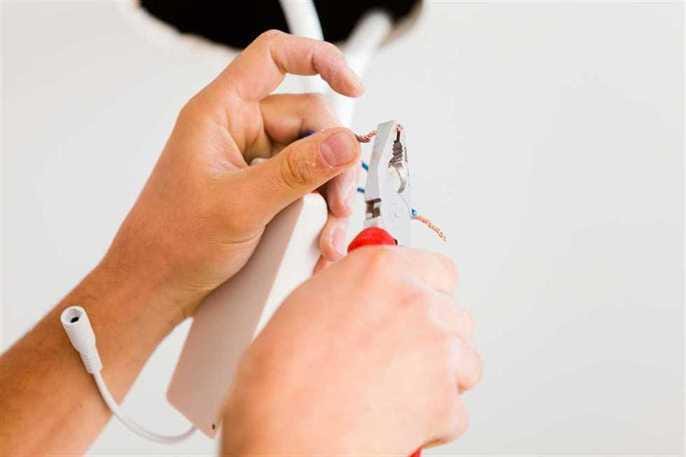
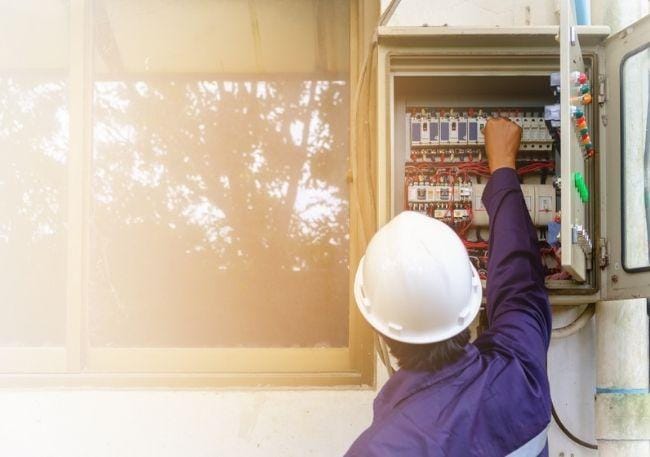
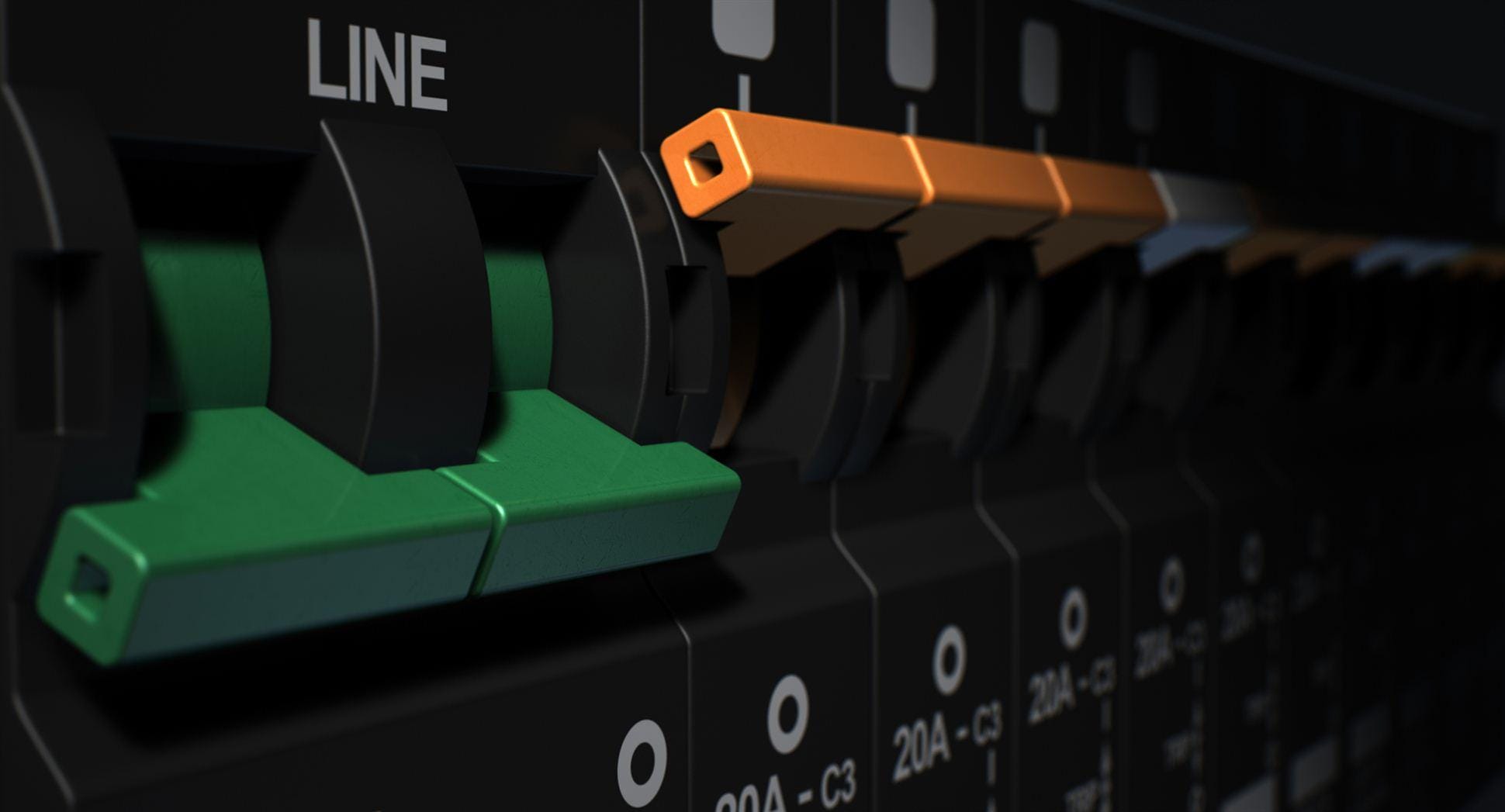 The electrician is coming to your home and you want to make sure you understand all of the lingo. How exactly is your home wired and what do you need to know about it? Most people have either a fuse box or a circuit breaker box in their home. It’s time that you learned how to tell the two apart and what makes one better than the other.
The electrician is coming to your home and you want to make sure you understand all of the lingo. How exactly is your home wired and what do you need to know about it? Most people have either a fuse box or a circuit breaker box in their home. It’s time that you learned how to tell the two apart and what makes one better than the other.
